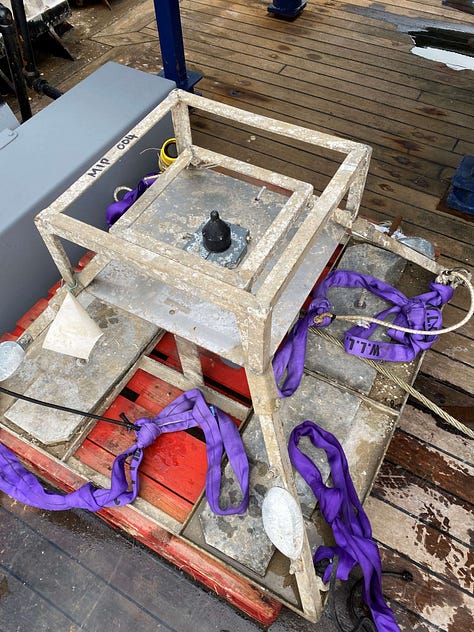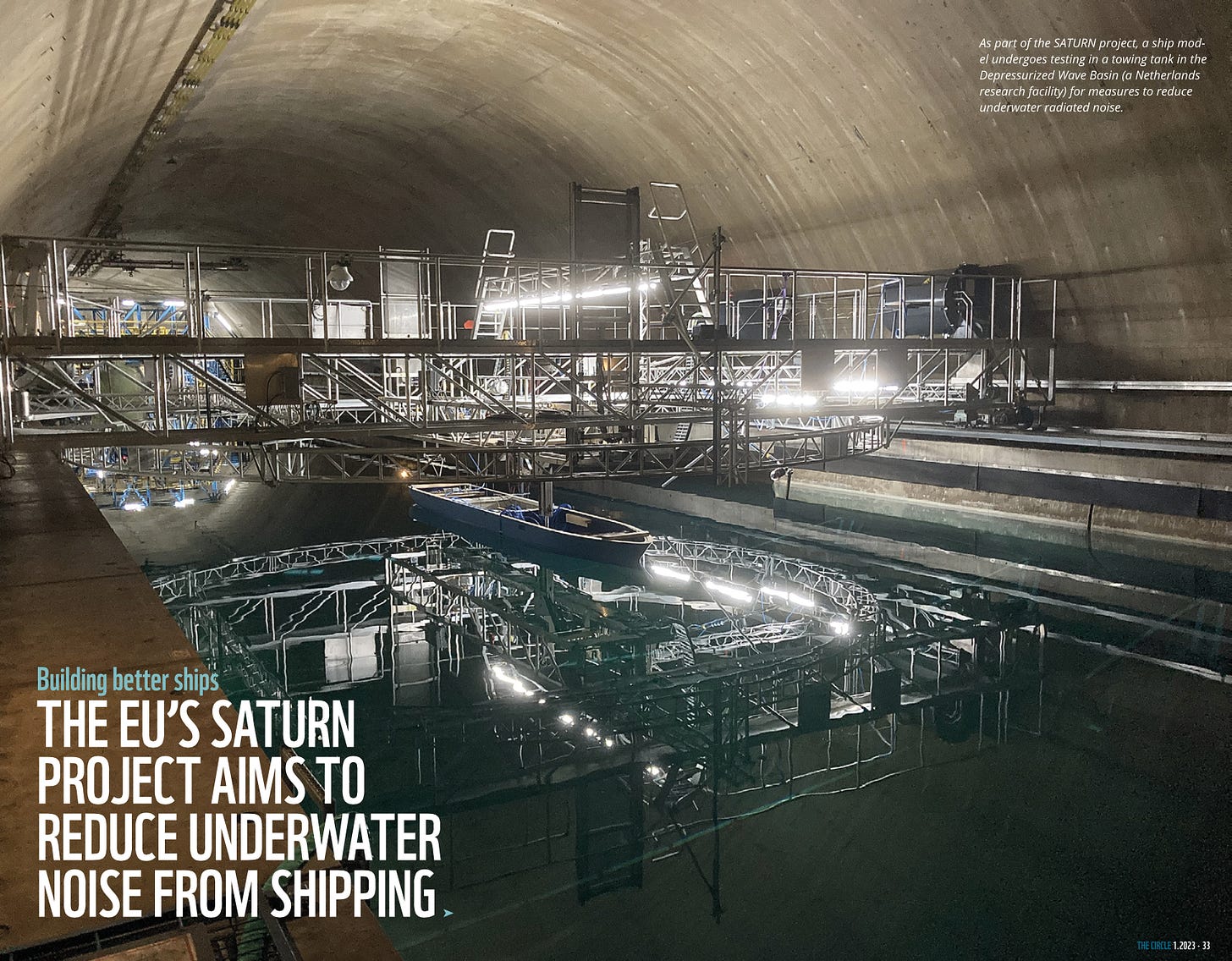It’s the first official update of the SATURN newsletter! We’re very happy to have you here, so a warm thank you for subscribing to receive updates about our research. June has been a very busy month so far for the project, from the release of DEPONS 3.0 to celebrating ‘WOPAM Day’!
World Ocean Passive Acoustic Monitoring Day
SATURN joined researchers around the world in celebration of aquatic Passive Acoustic Monitoring for the newly dubbed World Ocean Passive Acoustic Monitoring Day (aka WOPAM Day), coinciding with World Ocean Day (June 8). Participants who volunteered to join the initiative will share data obtained via hydrophones from June 8-10 for a collaborative study of our global aquatic soundscapes (including salt, brackish and freshwater). In total, >160 researchers from 96 institutes in 33 countries (including two independent territories) expressed interest in participating. We hope next year will be just as big!
So far, WOPAM Day organisers Miles Parsons and Steve Simpson of GLUBS have received nearly 300 locations from 58 people in 44 institutes. They plan to organise a workshop in July/August to agree on common analyses and data protocols.



Urgent International Call for Action to Reduce Human Noise in the Ocean
A statement on addressing anthropogenic ocean noise was issued on June 8 from participants at the OCEANOISE 2023 conference, which included many researchers from the SATURN project. Read the full statement here.
DEPONS Model Version 3.0 Enables Shipping Noise Simulations
The third public version of the DEPONS model for simulating population effects of noise for harbour porpoises is now available! Version 3.0 makes it possible to simulate the population impact of noise from ships — an extension developed by SATURN researchers at Aarhus University. The objective of the DEPONS model is to simulate how harbour porpoise population dynamics are affected by disturbances, and was first developed to simulate effects of pile-driving noise associated with construction of offshore wind farms. Now it facilitates studies of cumulative impacts of pile-driving noise and ship noise. The animals’ survival is directly related to their energy levels, and the population dynamics are affected by noise through its impact on the animals’ foraging behaviour. By ensuring that the animals’ movement patterns, space use, and reactions to noise are realistic, the population dynamics in the model have the same causal drivers in the model as in nature.
View DEPONS 3.0 on Github: https://github.com/jacobnabe/DEPONS.
Instructions for installing DEPONS can be found at https://depons.eu/installation/.
(If you lose the link, DEPONS and the other resources created within the SATURN Project can always be found at SaturnH2020.eu/resources.)
Euronews Ocean Documentary to Feature SATURN in June
Euronews currently produces the monthly documentary series Ocean in cooperation with the European Commission’s DG MARE. The series (which is freely available in seven languages at euronews.com/ocean) will include an episode on underwater noise. SATURN’s research will be prominently featured, and researchers on the project will discuss the impact of underwater radiated noise on marine mammals and potential solutions to mitigate it.
The episode is scheduled to be released on 27 June, so mark your calendars!
In case you missed it…
Last month, SATURN research lead Johan Bosschers of MARIN was interviewed for the WWF Arctic Magazine The Circle on promising technologies for minimising the underwater radiated noise produced by ships. See page 23.
That’s it for now! In the next update, we’ll be sharing some exciting videos (you can subscribe to our YouTube channel here) plus more news about SATURN research.
If you know someone who might be interested in this newsletter, please share it with them! For more information on SATURN, visit www.SaturnH2020.eu.









